VIJAY PRASHAD examines why in 2018 Washington started to take an increasingly belligerent stance towards ‘near peer rivals’ – Russa and China – with far-reaching geopolitical effects
Wes Streeting and the history of ‘the middle class’
Socialist historian KEITH FLETT unpacks the term currently being flung about by the Labour right as an insult and finds its popular association with ‘being a lefty’ is anything but assured in reality

WES STREETING has criticised “middle-class lefties” who he thinks are standing in the way of his efforts to privatise bits of the NHS should he get to be health secretary in the next government.
He might well find that the mostly not-middle-class Unison and RCN are even more formidable opponents.
Streeting will only fit the definition of a “lefty” if it’s one drawn up by Lee Anderson. However, his £90,000 desk job as an MP marks him out as definitively middle class. Social being defines consciousness, as any “middle-class lefty” could tell him.
More from this author
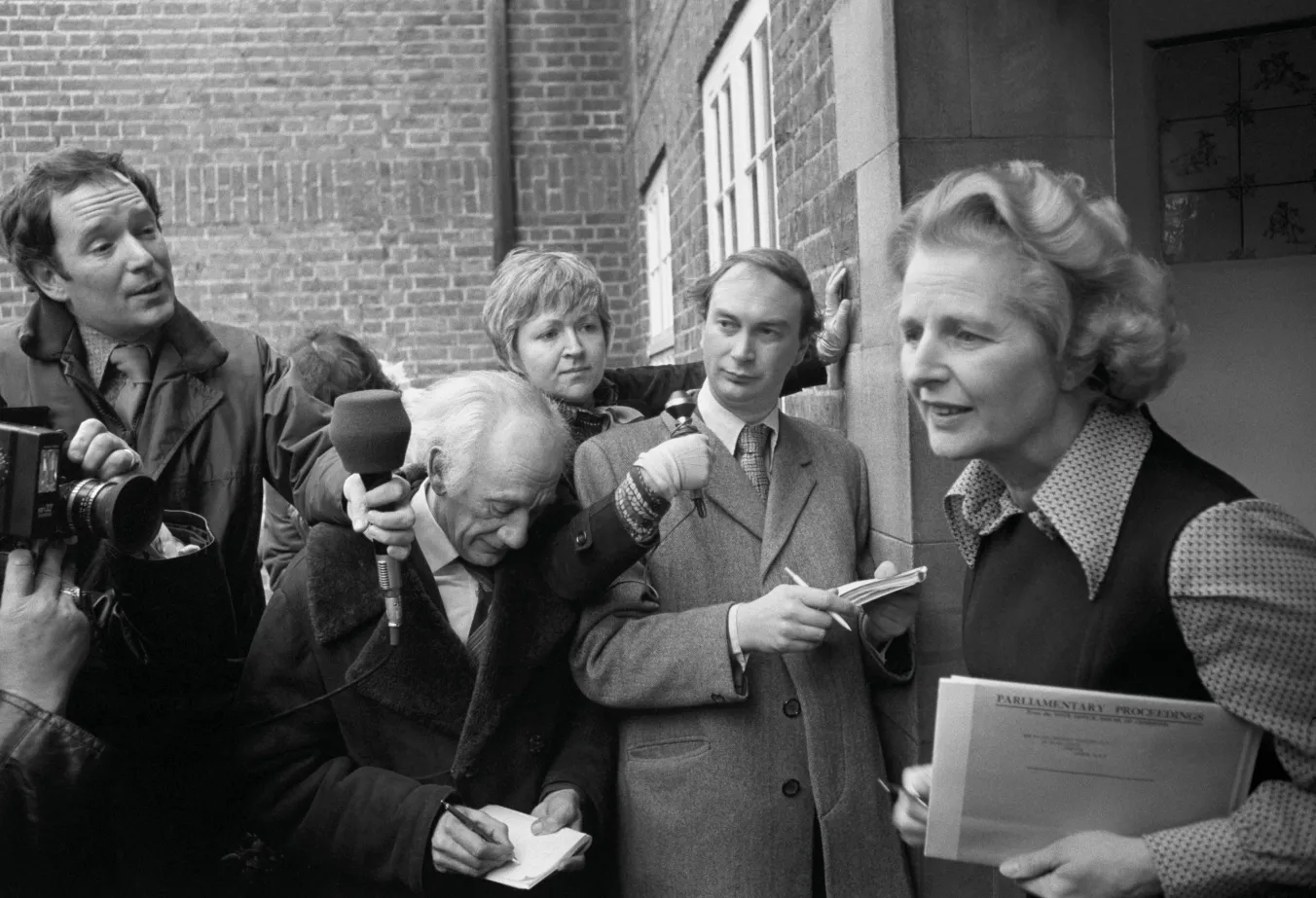
KEITH FLETT looks back 50 years to when the Iron Lady was elected Tory leader…
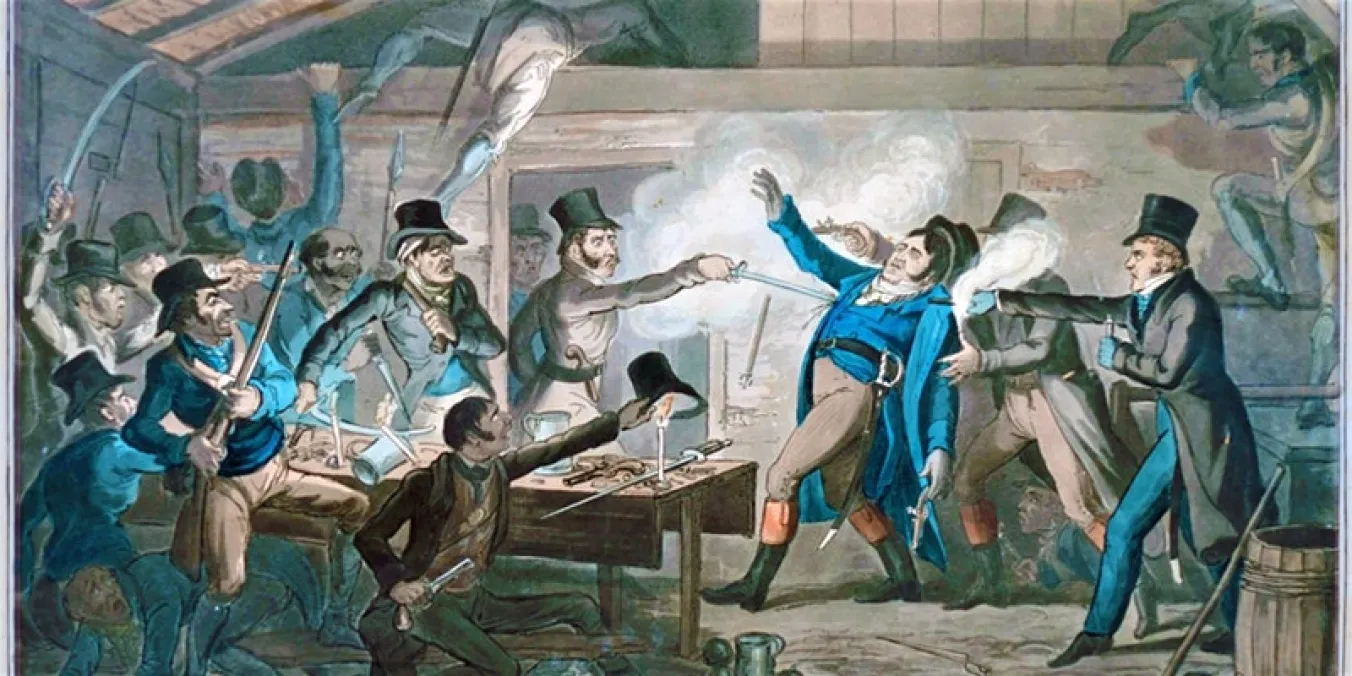
The legacy of an 1820 conspiracy in revenge for Peterloo resonates down the ages, argues KEITH FLETT
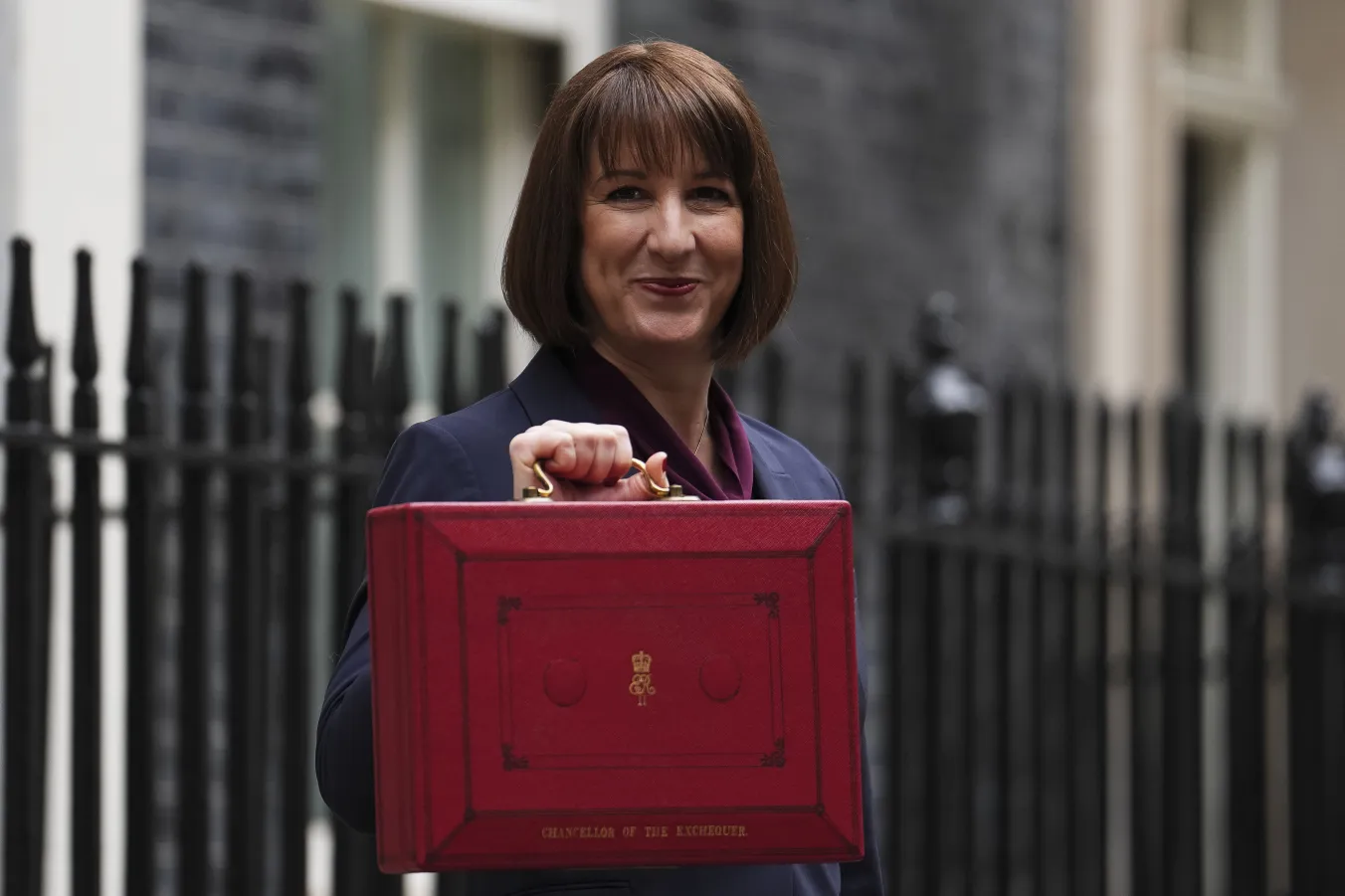
Britain’s first woman Chancellor delivers the same old fudge, as Labour’s commitment to economic orthodoxy, seen throughout its history, always betrays working people, writes KEITH FLETT

Every few years, it seems like the ‘right time’ to build a new left party — but what are the right conditions, asks socialist historian KEITH FLETT, looking back at the last two centuries and the insights of Ralph Miliband and EP Thompson
Similar stories
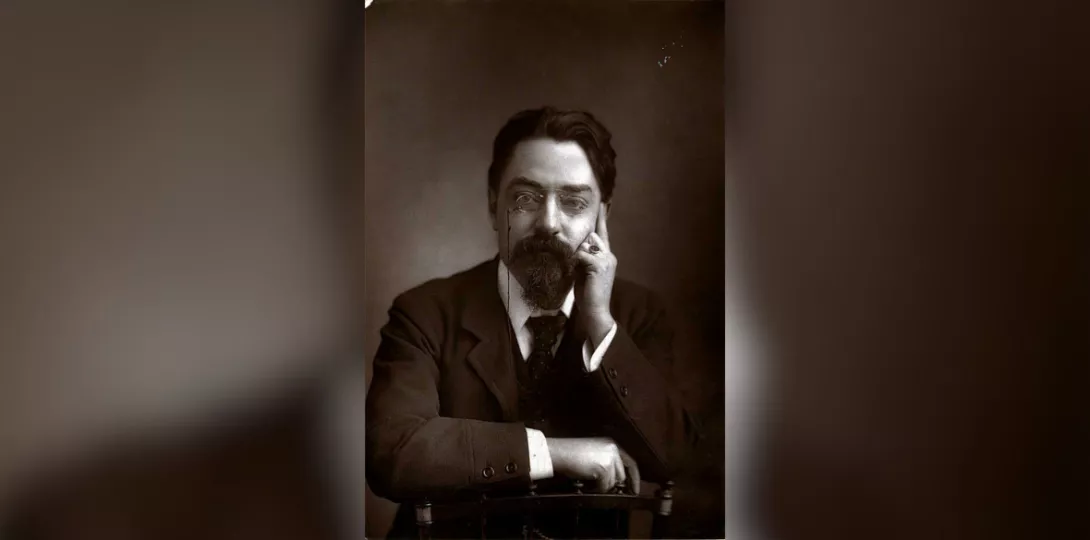
The words composed by Sidney Webb: ‘To organise and maintain in Parliament and in the country a Political Labour Party’ were a crucial landmark in Labour’s journey to becoming a membership-based electoral presence, writes KEITH FLETT

Normally in British politics, leftwingers defect right. Under Blair and now Starmer however, this trend seems to reverse, calling into question the ‘broad church’ that welcomes Tories and excludes socialists, writes KEITH FLETT
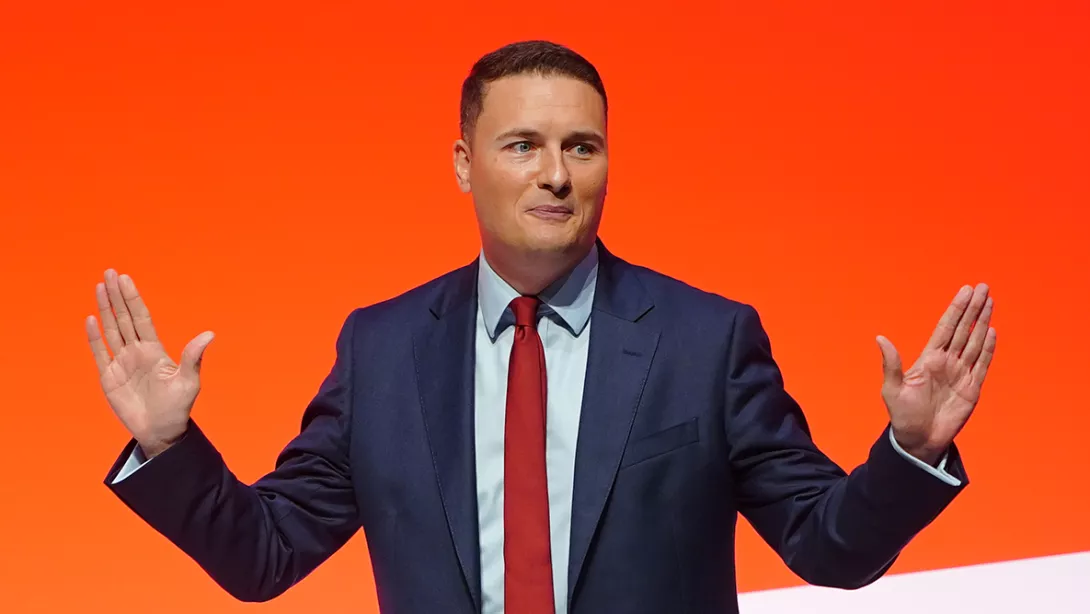
Labour accused of betraying the NHS after Wes Streeting says the health service needs more private-sector involvement










